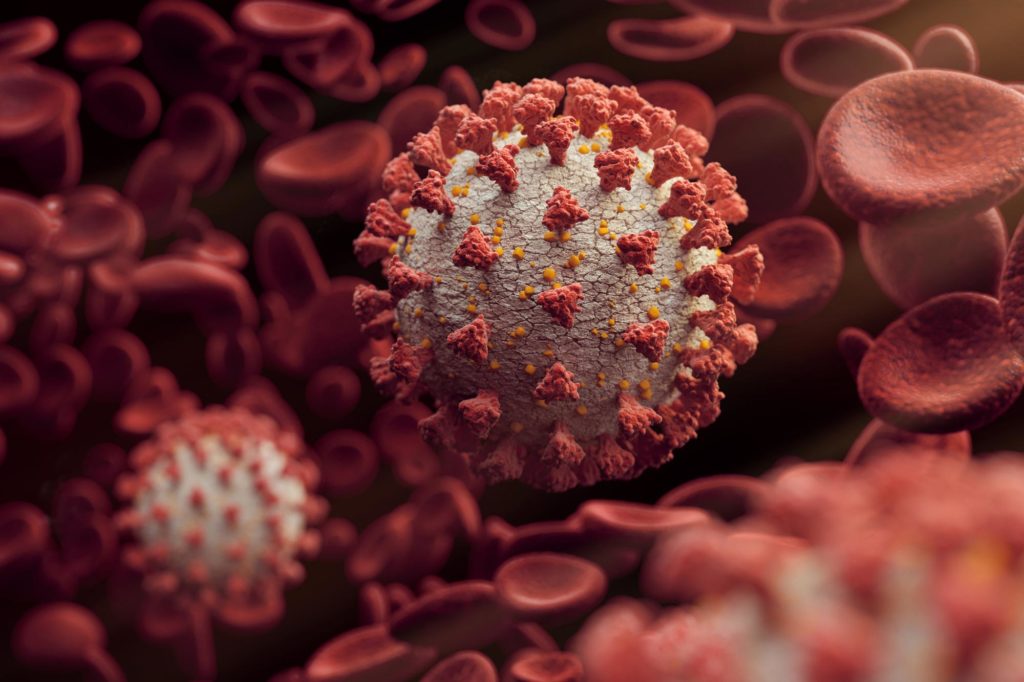Now Reading: Japan detects new COVID-19 variant from PH traveler
-
01
Japan detects new COVID-19 variant from PH traveler
Japan detects new COVID-19 variant from PH traveler
By Deighton Acuin and Archie Villaflores
 |
| PHOTO: Ya Libnan News |
Japan detected a mutated B.1.1.28 COVID-19 strain was detected in a traveler that came from the Philippines, the National Institute of Infectious Disease announced Friday.
According to NIID’s bulletin, the strain carries N501Y and E484K mutations — the samples obtained from the COVID-19 positive traveler from the Philippines. The mutation to be associated with increased transmissibility.
However, the NIID said it is not sure whether the specific variant is the cause of the COVID-19 infection surge in the Philippines, but noted it may already be transmitting undetected in the country.
“The National Institute of Infectious Diseases, Japan, identified a B.1.1.28 strain with E484K and N501Y mutations from a SARS-CoV-2-positive sample collected on February 25, 2020 at a point of entry to Japan from a traveler from the Philippines […] These mutations are found in known VOCs (501Y.V2, 501Y.V3),” NIID said.
“This variant isolate also has the P681H mutation in the spike protein as with B.1.1.7 lineage (VOC-202012/01) which is suggested to be associated with increased transmissibility,” it added.
“This variant isolate does not meet the criteria of VOC as we do not know how widely this variant strain is spreading within the Philippines and whether this variant strain is associated with the recent increase in reported cases in the Philippines. However, this variant strain may be circulating in the Philippines at a certain level as the similar strain has been reported domestically and identified from travelers,” NIID explained.
The agency still warned the impact of the strain would be considered to similar variants of concern since it carries similar mutations detected in dreaded variants.
“The potential public health impact from this variant strain shall be considered to be equivalent to those from known VOCs as this variant strain shares the same mutations of concern with VOCs,” it added.
Meanwhile, Dr. Cynthia Saloma, Executive Director of the University of the Philippines-Philippine Genome Center (UP-PGC) said in a Wednesday media briefing that the B.1.1.28 variant from Brazil is not listed as a variant of concern.
Saloma, however, mentioned the dreaded P.1 variant is the offspring — a mutated version of the B.1.1.28, both of which hails from Brazil.
“So we have to differentiate this one (P.1) po from the B.1.1.28 […] Actually po ‘yong P.1 na sinasabi nating Brazil variant of concern, kasi merong ibang Brazil variant din, this P.1 […] is anak po siya ng B.1.1.28. So sa Philippines po, wala pa po tayong P.1,” Saloma said.
So far, there are three COVID-19 variants of concern: the B.1.1.7 that came from the United Kingdom, the B.1.351 that traces to South Africa, and the P.1 from Brazil.
RELATED ARTICLE: Philippine Daily Inquirer




















